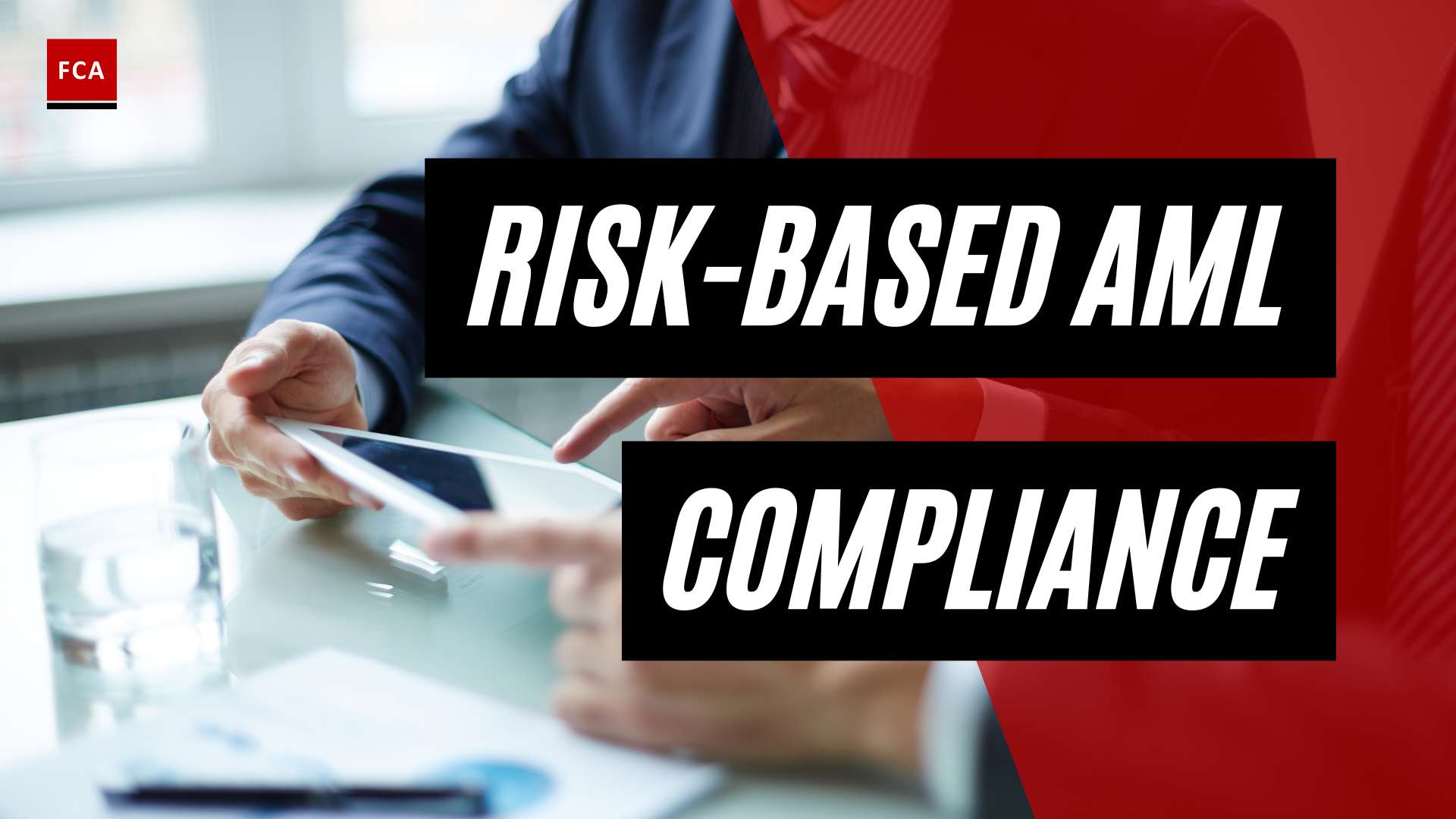Table of Contents
- The Emergence Of Cryptocurrencies
- Cryptocurrencies Become Increasingly Relevant And Popular
- The Rise Of Financial Crypto Crimes
- Cryptocurrency Financial Crime Risk Mitigation
Have you ever wondered why cryptocurrencies are nowadays so important and why any financial crypto crimes compliance organizations need to have a good understanding of them?
The Emergence Of Cryptocurrencies
In 2009, when Bitcoin was launched, it introduced this idea that you can have a fully decentralized payment mechanism, that didn’t require the traditional types of financial intermediaries. It was a revolutionary concept.
Subsequently, it didn’t take long for new concepts being added to the initial idea of the Bitcoin. Around 2011, there was the emergence of alternative coins, or altcoins, like Ripple and Litecoin. Essentially, they have introduced the idea that you could have an entire ecosystem of cryptocurrencies that serve different functions.
The whole thing took on a new trajectory in 2015 with the launch of Ethereum. Ethereum was an incredible innovation because it allowed anyone to develop decentralized applications of all varieties and to launch tokens to be able to power those decentralized ecosystems. After this, there was an explosion in the number and types of cryptocurrencies available and the use cases for deploying them. Some of the most interesting projects that came out in the last few years were Filecoin, Bancor and EOS. More recently, further developments such as stablecoins, are cryptocurrencies designed to minimize the volatility of the price of the coin, have been seen.
For an increasingly large number of users, cryptocurrencies are becoming kind of a second nature. We live in a time, where you can witness that cryptocurrencies are being adopted as a service alongside traditional financial services like card services or payment processing services. Elliptic, which is a blockchain analytics company, estimated that about 500 billion US-Dollars of cryptocurrency flows are currently being exchanged between the traditional banking system and crypto businesses per year. Obviously, this trend is growing.
Cryptocurrencies Become Increasingly Relevant And Popular
In fact, there are numerous international banks which offer cryptocurrency services such as making cryptocurrency deposits and allowing cryptocurrency transactions. The list of examples includes Goldman Sachs, USAA, Banco Masventas, Fidor Bank, and Worldcore.
Looking at non-financial institutions business, there are quite many who are accepting cryptocurrencies such as Bitcoin as payment. A recent survey conducted by HSB, which is a leading provider of cyber insurance and part of the large German reinsurer Munich Re, found that 36% of small to medium-sized businesses in the United States accept Bitcoin. In addition, there are major international corporations that accept cryptocurrencies as payment as well, including technology corporations such Microsoft and AT&T, retailers such as Overstock, restaurant chains such as Burger King, and airlines such as Virgin Galtactis and Norwegian Air.
In addition, there are even entire companies whose business model is focus solely around cryptocurrencies, including cryptocurrency exchanges, wallet providers, and intermediary cryptocurrency services such as Purse, which makes it possible to shop on Amazon and pay with cryptocurrencies.
The Rise Of Financial Crypto Crimes
At the same time the rising acceptance of cryptocurrencies and the benefits that cryptocurrencies are offering, have not been kept hidden from criminals and entire criminal organizations. Criminals use cryptocurrencies such as Bitcoin for various purposes including laundering dirty money, scamming victims out of funds, defrauding investors, monetizing ransomware, or buying illicit goods. For years, reports have also suggested that well-known terrorist organizations such as ISIS or Al-Qaeda were using cryptocurrencies to procure funding.

In fact, the sale of illegal drugs and other types of lawbreaking on so-called dark markets and paying for them in cryptocurrencies, has skyrocketed over the last few years. According to Chainalysis, a firm that tracks every Bitcoin transaction and serves as an adviser to an array of government authorities, the amount of cryptocurrency spent on these dark markets rose 60 percent to reach a new high of 601 million US-Dollar in the last quarter of 2019.
Essentially, this whole development around the rise of cryptocurrencies in legitimate and illegit businesses means that no matter where you currently sit in today’s business world, you’re almost unquestionably impacted by the financial crime risks around cryptocurrencies in some way.
In point of fact, the aforementioned analytics company Elliptic estimated that approximately 2 billion US-Dollar of illicit flows occur in cryptocurrencies every single year. If you think about it, Bitcoin became most famous, when it came to crime alongside the emergence of dark web marketplaces, cybercrime activity like Ransomware, and new types of crime that required a new method of payment to be able to operate on the internet. In addition, you can see the emergence of technologies that play in the hands of criminals almost every other week, month, or year. This includes things like anonymizing technologies, mixers and privacy coins that make it harder and harder to unravel the transaction chain of cryptocurrencies.
Cryptocurrency Financial Crime Risk Mitigation
But, one very important point to always keep in mind, it is very much possible to mitigate and manage the financial crime risks of cryptocurrencies. One of the untold stories in the universe of cryptocurrencies is just how effective AML controls can be practically in mitigating and managing risks. Over the past few years there has been a dramatic decrease in the percentage of Bitcoin transactions involving illicit entities. It is believed that the number one reason for that is the improved quality of AML controls and the increasing presence of regulations related to cryptocurrencies.

So long story short, the use case of cryptocurrencies is inevitable in today’s world and the need for anti-financial crime and compliance organizations to catch-up and overtake cryptocurrency criminals omnipresent. The best and most apparent way to do this, is to educate the current generation of financial crime professionals and give them the skills they need to get a hold of this complex new universe to eventually develop incredibly sound AML compliance programs and to better fight cryptocurrency financial crime.








